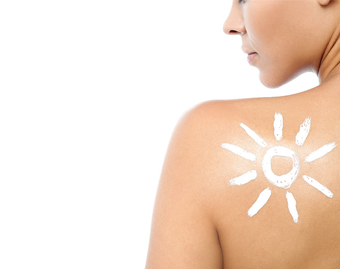
- It is very important to dress suitably if you expect to be out in the sun for a long time. To avoid sun damage, wear a hat and protect your body with regular or sun-protective clothing.
- In its natural form, zinc oxide is a safe and effective sun-block product. Mixing zinc oxide with your favorite organic body lotion is an alternative to commercial sunscreens.
- Healthcare experts stress the importance of including green leafy vegetables in your diet for many reasons, and its role in protecting your skin is no less important. The antioxidants in greens prevent sunburn and stress, and help prevent the development of melanomas or tumors.
- Include lycopene in your diet. This natural sunburn protector is present in watermelon and tomatoes. Chiro-one reports that a German research study found that when tomato paste was mixed with olive oil for absorption, this combination reduced sunburn in participants by 41 percent.
- According to a report in Webmd, researchers found that for each cup of caffeinated java that you drink every day, you can benefit from a 5 percent drop in your risks of developing non-melanoma skin cancer later in life.
Keep yourself safe with monthly self-exams and yearly checks with your dermatologist.